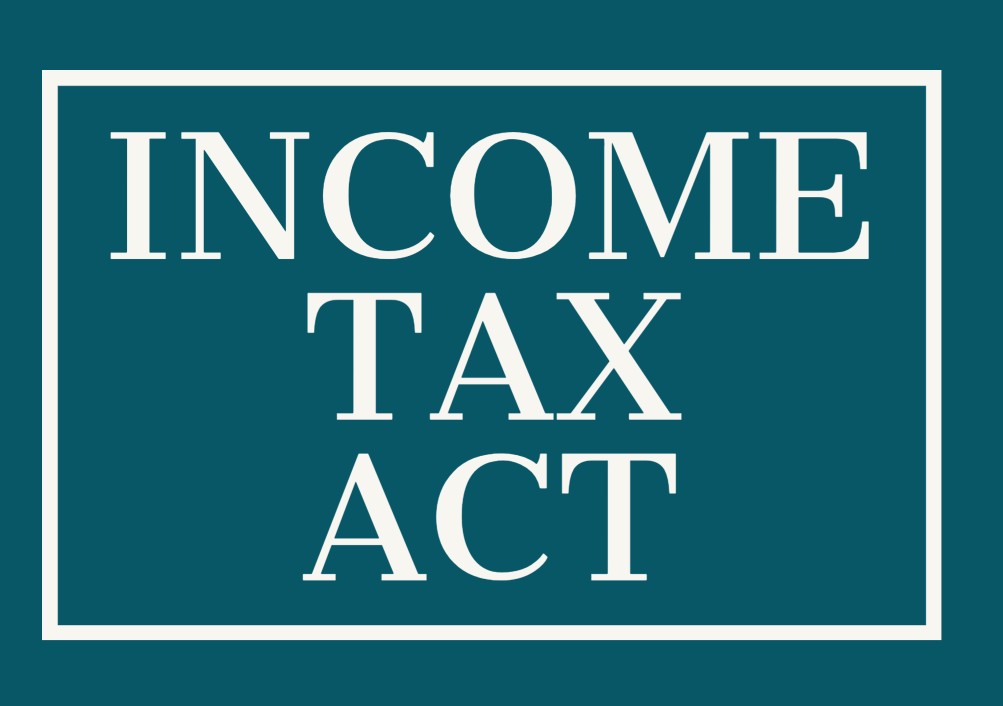In CRL.M.C. 3894/2018-DEL HC- Without sanction u/s 278B of Income Tax Act, I-T Dept. cannot proceed against person found liable in order to prosecute him for offence u/s 276 CC Justice Asha Menon [19-07-2022]

Read Order: VIPUL AGGARWAL v. INCOME TAX OFFICE
Mansimran Kaur
New Delhi, July 21, 2022: Referring to section Section 2(35)(a) of the Income Tax Act, 1961, the Delhi High Court has opined that even though in certain functions the Director may act as the agent of the company but for the purposes of this provision, the agent of the company cannot be treated as a Director of the company.
A Single Judge Bench of Justice Asha Menonallowed the petition instituted for quashing a 2016 complaint case including the order dated December 14, 2017 of the ACMM, wherein directions were issued for framing the charge against the petitioner.
The Single Judge bench was of the opinion that since the law provides that without sanction u/s 278B of the IT Act, the Department cannot proceed against a person found liable to prosecute him for the offence under Section 276 CC of the IT Act, hence present prosecution must fail with respect to the petitioner.
The petitioner in the present matter was arraigned as an accused in a complaint case of 2016 registered against him as well as the company M/s ASM Traxim Pvt Ltd for violation of Section 276-CC read with Section 278-B of the Income Tax Act, 1961. The allegation against the petitioner and the company was that they had not filed the Income Tax Returns (ITR) for the assessment year 2012-13 by September 30, 2012 which was the last date to file the ITR.
A Show Cause Notice was also issued and a sanction was accorded under Section 276-CC read with Section 278-B of the IT Act for prosecution of the accused On August 6, 2014 the complaint was filed under Section 276-CC read with 278-B of the IT Act. Consequently, the Income Tax Department initiated prosecution against the company and the petitioner.The ACMM concluded that sufficient material was available on record to establish that a case was made out against the petitioner and the Company.
It framed charges under Section 276-CC read with Section 278-B of the IT Act against both, the Company and the petitioner. The same was assailed by way of revision petition, however the same was dismissed. In pursuance of the same, the present petition was instituted.
After pursuing the record and the submissions filed by both the parties, the Court observed that the Income Tax Department would be entitled to file a complaint for prosecution of a person under Section 276-CC for willfully failing to furnish in ‘due time’ the return of income.
Under Section 139(4), if a return has not been furnished within time allowed to a person, such a person may furnish the return for any previous year at any time before three months prior to the end of the relevant assessment year or before the completion of the assessment, whichever is earlier.
Further the Court took into consideration Section 2 (35) of the Income Tax Act, 1961.In view of the same, the Court observed that the Principal Officer is not equivalent to a Director, nor is an “agent” an equivalent of the Director. Even though in certain functions the Director may act as the agent of the company, for the purposes of Section 2(35)(a), the agent of the company cannot be treated as a Director of the company precisely for the reason that there is a separate definition for a Director.
In relation to the same, the Court noted that the act of appending the digital signatures by the Director of the Company being in compliance with the Section 140 of the IT Act cannot be an estoppel against such Director, here the petitioner, on the principles of holding out, the Court further noted.
Further, the Court noted that since the law provides that without sanction u/s 278B of the IT Act, the Department cannot proceed against a person found liable to prosecute him for the offence under Section 276 CC of the IT Act, hence the present prosecution must fail qua the petitioner, the Court noted. In light of the above stated findings, the petition was allowed.
Sign up for our weekly newsletter to stay up to date on our product, events featured blog, special offer and all of the exciting things that take place here at Legitquest.




Add a Comment